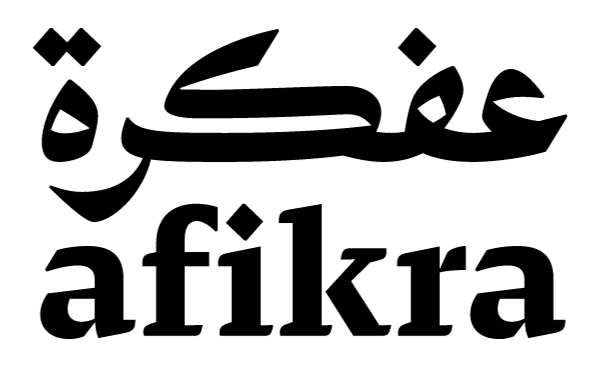Goodbye Julia: A Beautifully Nuanced Film About Sudanese Society | Mohamed Kordofani
Goodbye Julia — which played in Cannes’ section Un Certain Regard and won the Freedom Prize — is a poignant reflection on Sudanese society. The film is Kordofani's first feature. He sat down with us to discuss his journey from aviation engineer to film director and screenwriter; achieving the critical balance between "good" and "bad" while portraying humanity on screen; and how it felt to be acknowledged at the Cannes Film Festival.
We asked him about his decision to set the film between 2005 and 2011 — a significant moment in Sudan’s recent history — and who he made the film for: international viewers curious about Sudan or Sudanese cinema-goers reflecting on themselves. Finally, we untangle some of the main social critiques and themes that the film seeks to confront — in particular, racism between Northern and Southern Sudanese people.
Mohamed Kordofani is a Sudanese film director and screenwriter. He started out as an aviation engineer, before changing careers to pursue his passion for film. His first feature film, Goodbye Julia, gained international recognition and won the Freedom Prize at Cannes Film Festival. Since then, it has also been screened internationally and was selected by the Sudanese National Committee operating in exile in the category of Best International Feature Film at the 96th Academy Awards.
THIS SERIES IS PART OF THE AFIKRA PODCAST NETWORK
Kawalis is afikra’s Movie Night podcast that dives into all types of production from stage to the small or big screen, zooming in on the work of professionals from the field. This interview series is an opportunity to ask actors, directors, scriptwriters and cinematographers questions about the industry, the writing and production processes, the behind the scenes and genres behind some of the Arab world’s best films, TV series, plays and performances, and to discover some of the best work out there from experts in the field.







![Musician & Scriptwriter Michelle Keserwany [Movie Night]](https://images.squarespace-cdn.com/content/v1/5a701df2a9db0982d16b1bd5/1688470225782-6VQL9O07H8CSZFW0UK4X/%F0%9F%9F%A1+%28Wassim%29+YT+Thumbnails+2023-2+%281%29.png)
![Director Philippe Aractingi [Movie Night]](https://images.squarespace-cdn.com/content/v1/5a701df2a9db0982d16b1bd5/1687551809407-ZWULHFH1KMBZ2690AVUU/%F0%9F%9F%A1+%28Wassim%29+YT+Thumbnails+2023.png)
![Film Director Maysoon Pachachi [Movie Night]](https://images.squarespace-cdn.com/content/v1/5a701df2a9db0982d16b1bd5/1681206827663-PPAHIGKD90BMLSRVCJAT/MOVIE+NIGHT+2.png)
![Director and Visual Artist Amin Dora [Movie Night]](https://images.squarespace-cdn.com/content/v1/5a701df2a9db0982d16b1bd5/1678186712733-0CUGC4ZQLSVDDXDWWFMC/MOVIE+NIGHT+2+%286%29.png)
![Writer, Director & Producer Rami Yasin [Movie Night]](https://images.squarespace-cdn.com/content/v1/5a701df2a9db0982d16b1bd5/1675197377346-1MSYGMUM6MFFZ7937QIM/MOVIE+NIGHT+2+%283%29+%281%29.png)
![Filmmaker Amr Salama [Movie Night]](https://images.squarespace-cdn.com/content/v1/5a701df2a9db0982d16b1bd5/1675194870923-IFTNATWYTOYY2438B2GG/MOVIE+NIGHT+2+%282%29.png)
![Filmmaker Omar Naim [Movie Night]](https://images.squarespace-cdn.com/content/v1/5a701df2a9db0982d16b1bd5/1668282923319-8RBNBZUJQSCDYWP1RSBJ/YT+Thumbnails+2022.png)